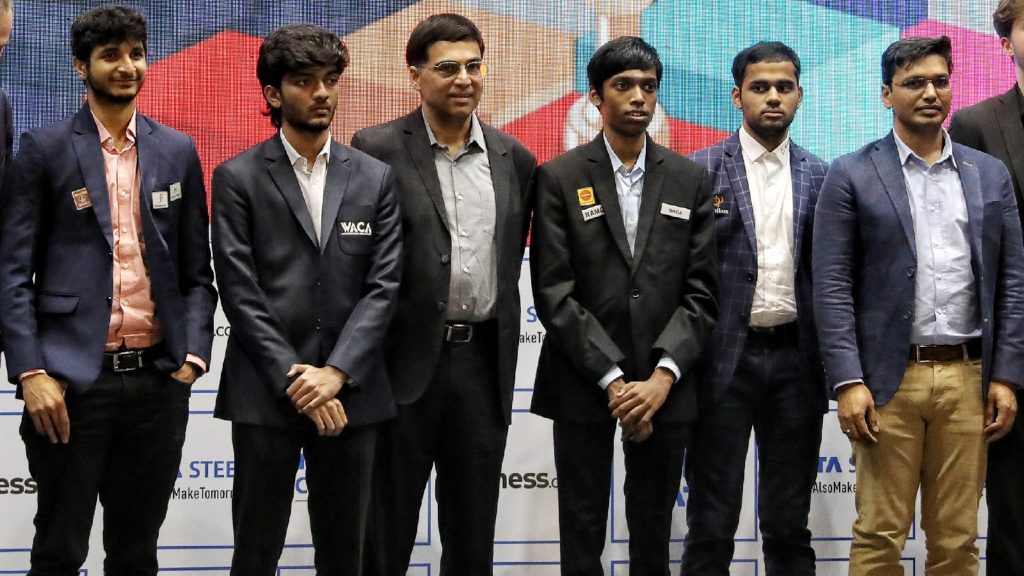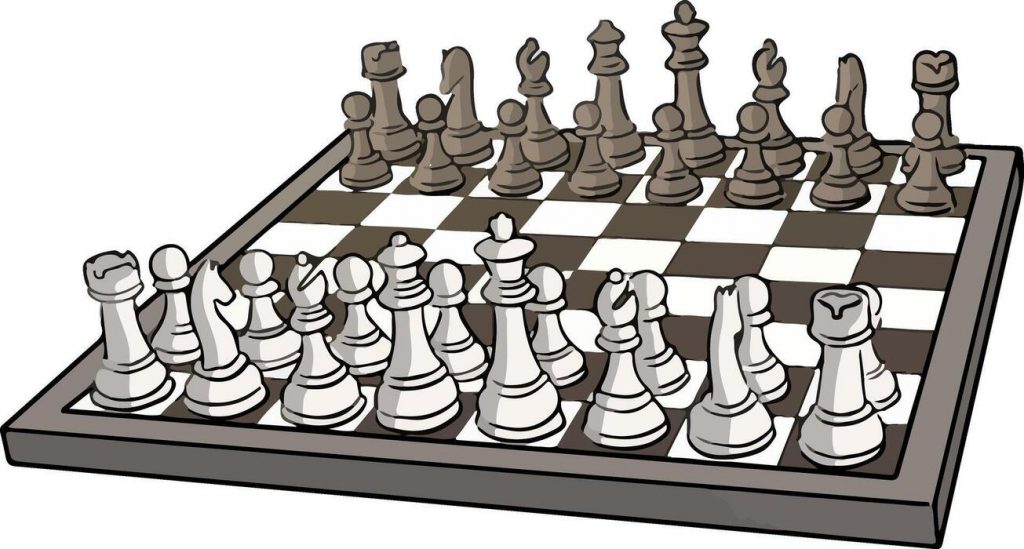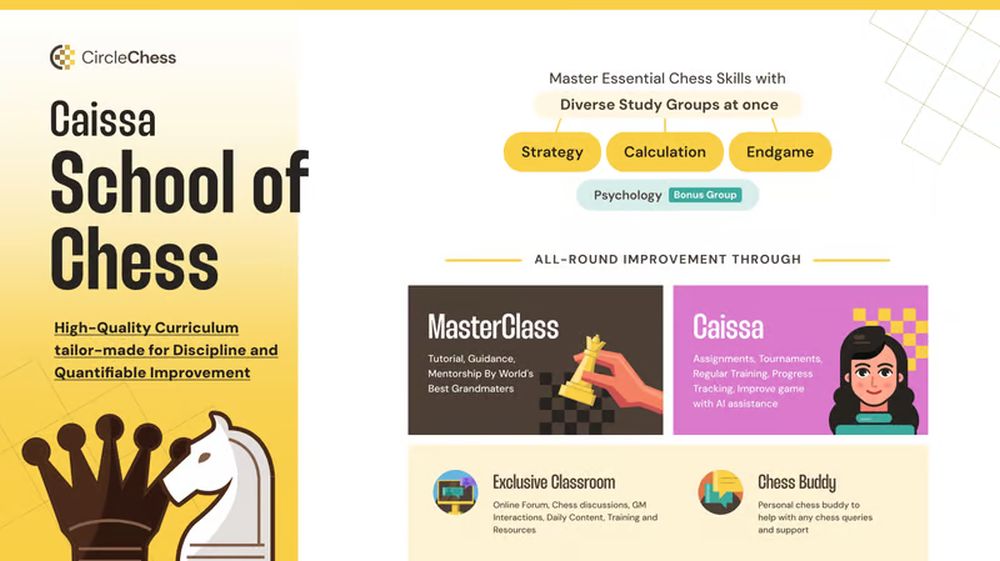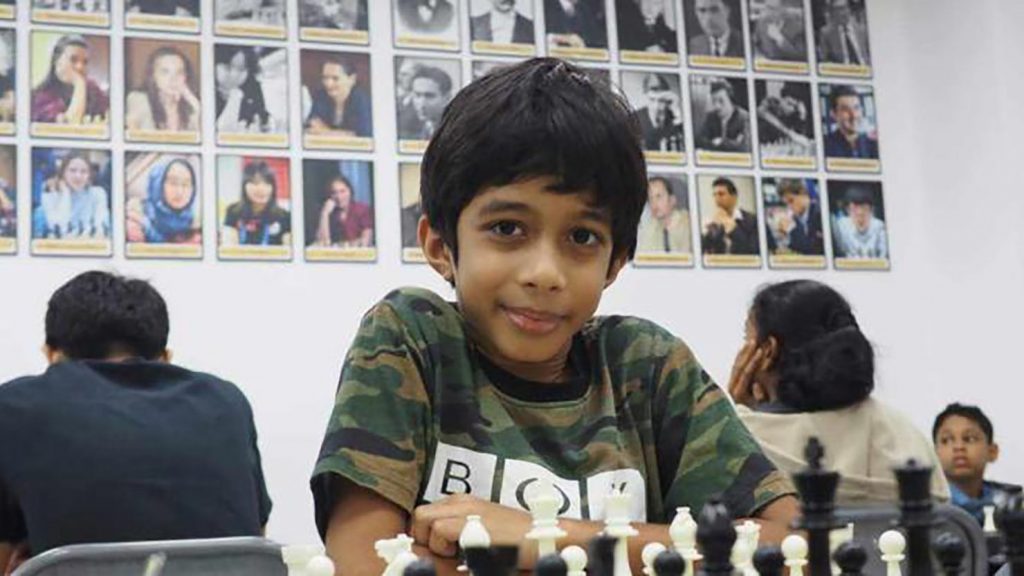
Why Students Should Learn Chess becomes clear the moment you see a child sitting quietly, eyes fixed on a checkered board, thinking deeply before moving a small wooden piece — it’s not just a game. It’s learning in motion. Chess is one of those rare activities that blends fun, focus, and logic into one meaningful experience. And the earlier a child starts, the bigger the impact it can have on their life.
In today’s world, where distractions are everywhere — video games, social media, fast entertainment — chess offers something unique: a calm space to think. It slows things down, encourages patience, and teaches kids that every move has a consequence.
Learning Beyond the Classroom

Most parents worry about their child’s academic growth — math, reading, science, test scores. But when you look at why students should learn chess, the answer becomes clear: it strengthens the very skills that shape academic success.
Chess teaches children to think ahead, plan, and visualise outcomes. When a student starts playing regularly, they begin to understand “cause and effect” naturally. They learn that every decision matters — whether it’s moving a pawn or solving a math problem.
In one study, schools that introduced chess as part of their curriculum saw a clear improvement in logical reasoning and problem-solving abilities. Teachers noticed students becoming more focused and less impulsive in class. That’s not magic — that’s the mental discipline chess builds.
Think about it — in chess, you can’t win by luck. You win by thinking, analyzing, and learning from mistakes. Isn’t that exactly what we want our children to learn in life?
️ Patience in a World of Speed
We live in an instant world. One tap for answers, one click for entertainment. Kids grow up expecting everything
fast. But chess teaches the opposite lesson — patience.
A young player learns that rushing can cost the game. They have to sit, think, and sometimes wait for long minutes
before making a move. That habit — staying calm under pressure — often reflects in their school life too.
A child who plays chess regularly tends to perform better during exams, presentations, and even social interactions.
They don’t panic easily; they pause and think before reacting. That’s emotional intelligence in action.
The World’s Love for Young Chess Minds

India is living through a chess revolution. From Vishwanathan Anand inspiring millions to young prodigies like R Praggnanandhaa and Abhimanyu Mishra (the youngest Grandmaster in the world), the game is becoming a symbol of smart, disciplined youth.
When Magnus Carlsen — the world champion — visited India, he mentioned in an interview how amazed he was to meet a three-year-old boy already rated above 1600! Imagine that — a toddler who can calculate moves better than most adults playing for fun.
BBC News and other international outlets have also highlighted India’s rapid rise in chess. More schools are introducing it as a part of their curriculum, not just as an extracurricular activity but as a mental training tool. And this isn’t just about creating champions. It’s about shaping young minds that can focus, plan, and think creatively.
Chess Is More Than a Game

Chess mirrors life. Every move has a purpose, and
every mistake teaches something valuable. Kids learn
resilience through loss, humility through victory, and
strategy through every challenge.
Unlike sports that rely on physical ability, chess is truly equal — no height, strength, or age advantage. A seven-year-old can challenge an adult and even win. That gives children a sense of confidence and equality that few other activities can.
As they grow older, that same mindset helps them face bigger challenges — college exams, job interviews, life decisions — with the same calmness they use on the board
How CircleChess Helps in the Journey

If you’re a parent or a chess learner trying to take the next step, CircleChess is one of those platforms that actually feels like a complete ecosystem. It’s not just about online games — it’s about helping players grow through structure, community, and smart tools. And for anyone exploring why students should learn chess, CircleChess shows exactly how the right guidance can turn interest into real, measurable progress.
What makes it special:

- Learn from the best: Live classes by Grandmasters and International Masters who teach openings,
endgames, and tournament mindset. - Weekly psychology sessions: Focused on handling pressure, dealing with losses, and building
confidence — something most players struggle with. - Progress tracking: Parents can easily monitor improvement with AI-generated reports that show strengths, weaknesses, and performance trends.
- Peer learning & tournaments: Students play in friendly events, test strategies, and grow
together. - For every level: Whether your kid is learning how the knight moves or chasing a FIDE
title, the lessons adapt to their pace.

CircleChess combines expert training with technology and turns chess practice into a journey of visible improvement. It’s a place where passion meets progress — and every move counts toward something bigger.
Real Stories That Prove It Works

There’s a story that made headlines earlier this year — an eight-year-old boy named Ashwath Kaushik, of Indian
origin but living in Singapore, stunned the chess world when he defeated a 37-year-old Grandmaster in a classical tournament in Switzerland.
His journey started when he was just four. According to his father, they often “stumbled in search of the right pathway,” but his dedication was relentless — spending nearly seven hours a day studying the game. What’s even more inspiring is how grounded he is. Between practice sessions, he still plays with friends and attends regular school.
Ashwath’s story shows what happens when curiosity meets the right guidance. It’s not just about early genius — it’s about structure, discipline, and the right environment. And it proves one thing clearly: with the right mindset, even a child can outthink experience.
The Life Lessons Hidden in Chess

- Every move counts. Kids learn responsibility — one small mistake can change the game, just like one careless decision can affect real life.
- Sometimes you lose to win later. Sacrificing a piece for a bigger gain teaches that short-term loss isn’t failure. It’s part of growth.
- Think before you act. This one rule from chess could solve half of life’s problems.
- Respect the opponent. Chess teaches humility — you win some, you lose some, but you always learn.
Conclusion – Shaping Minds, One Move at a Time
When you think about it, chess is not just about kings, queens, or pawns. It’s about the power of thinking — and this is exactly why students should learn chess early in life. It teaches kids to make decisions with logic, to be patient, and to never give up after a loss.
Every child who learns chess learns a little more about life — planning, patience, and perspective. And when guided well through tools like CircleChess, that journey becomes even more powerful.
So, if you’re a parent, a teacher, or even a student reading this — maybe it’s time to pick up that chessboard. Because in the end, life, like chess, is all about making the right moves — one step at a time.



